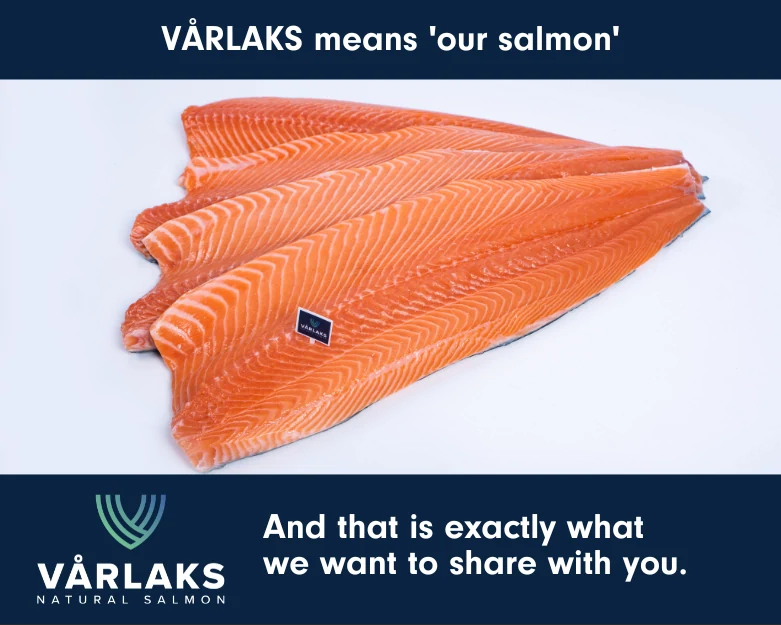Under the confines of environmental and licensing requirements Scotland’s share of global salmon production has fallen to around 6 percent in recent years.
Scotland is to pilot a more efficient consenting procedure for fish farming over the next year, the Scottish Government announced on Tuesday.
This promise is part of the Programme for Government, detailing the goals and objectives of the devolved government for the upcoming year.
This initiative follows the approval of the Griggs Report recommendations concerning aquaculture regulation.
Among the recommendations in the report, released February 2022, is a call for a streamlined but robust process for the approval of new or expanding fish farms.
Tavish Scott, the CEO of Salmon Scotland, the industry trade body for the country, extended a cautious welcome to the government’s new approach.
“It’s clear that faster progress is needed to address the cumbersome regulatory landscape in Scotland, which is holding back growth – 18 months on from the Griggs independent review, action is urgently needed” said Scott.
While the trade body endorsed many aspects, especially the projected “rural delivery plan”, it also voiced concerns regarding potential “next steps” concerning Highly Protected Marine Areas (HPMAs).
In June, the Scottish government shelved plans to impose HPMAs or “no-take” zones in 10 percent of the country’s waters by 2026, following significant backlash from the fishing and salmon farming industries, as well as local communities.
The proposal brought Scotland’s seafood sector together in opposition, with salmon farmers joining fishermen to challenge the proposed ban on commercial activities in substantial stretches of coastal waters.
“If the Scottish Government resurrects HPMAs, the negative reaction will be resolute, determined, and considerable,” said Scott.
The salmon industry is optimistic that the report’s recommendations will pave the way for Scotland to reclaim a 10 percent share of global salmon production. Recently, Scotland’s contribution has dwindled to approximately 6 percent, impacted by environmental constraints and licensing mandates.









